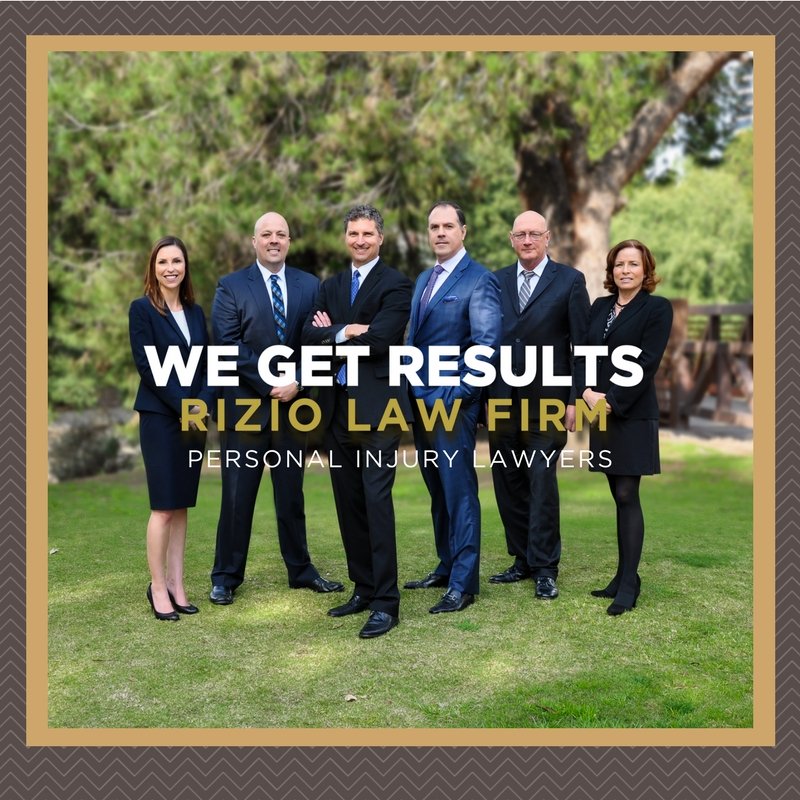Orange County Whistleblower Lawyer

 Whistleblowers, or individuals who report unethical or illegal workplace activities, have a storied place in American history. Over the decades, these brave people have exposed countless incidents of environmental misdeeds, corporate fraud, and government overreach. They have even saved lives. Because whistleblowers play such an important role in exposing wrongdoing in both the private and public sectors, they are vulnerable to retaliation. Luckily, there are several federal and state laws in place to protect them.
Whistleblowers, or individuals who report unethical or illegal workplace activities, have a storied place in American history. Over the decades, these brave people have exposed countless incidents of environmental misdeeds, corporate fraud, and government overreach. They have even saved lives. Because whistleblowers play such an important role in exposing wrongdoing in both the private and public sectors, they are vulnerable to retaliation. Luckily, there are several federal and state laws in place to protect them.
What are whistleblowers and how do employers retaliate against them?
A whistleblower is an employee who reports concerns about illegal actions, workplace health or safety issues, massive fraud or waste, mismanagement, violations of federal, state or local law or activities that represent a significant risk to the public good. Whistleblowers can be employees, contractors, clients or witnesses to illegal or unethical acts. They can also be individuals who have simply received information regarding such acts.
Unfortunately, whistleblowing frequently leads to retaliation on the part of employers or others who could be negatively impacted by the disclosure of illegal or unethical acts. For example, an employee who reports company wrongdoing to his or her superior could be threatened with dismissal if the complaint is taken any further. Likewise, a government contractor who notifies authorities about worksite safety violations could be denied further business contracts. Other forms of retaliation could include firing, demotion, denial of training opportunities, salary cuts, and hour cuts.
Individuals who believe they are the victims of whistleblower retaliation might find relief by speaking to a whistleblower attorney as soon as possible.
Examples of whistleblowers
Federal whistleblower laws were first introduced in 1863, with the False Claims Act. This law was designed to encourage people to report fraud during the Civil War by offering “qui tam” provisions, which pay a financial reward when the case is successful. The law is still used today to give people an incentive to report instances of fraud, including embezzlement, kickbacks, overbilling, price-fixing and faulty products. Other common types of whistleblower cases include racial discrimination, sexual harassment, environmental dumping, health and safety violations, and government waste. These types of cases are covered by a variety of different state and federal statutes.
Whistleblower protections under the law
Whistleblower protections are laced throughout several federal environmental and safety laws, including the Clean Air Act, the Safe Drinking Water Act, the Toxic Substances Control Act, and the Consumer Product Safety Improvement Act. In addition, the Whistleblower Protection Act of 1989 explicitly protects government workers who report illegal activities occurring within federal agencies. The U.S. Occupational Safety and Health Administration acts as the administrator for these laws and handles all claims of retaliation. However, it should be noted that wrongdoing involving classified information must be reported through secure, designated channels.
In Orange County, whistleblowers are further protected by the California Whistleblower Protection Act. When it was originally passed, this law only prohibited employers from retaliating against employees who reported unlawful or unethical activities to the police or to a government official. However, in 2014, the law was expanded to include protections for those reporting violations internally or to “any public body” that was engaged in an investigation or hearing.
To qualify for legal protection, whistleblowers are generally required to have a good-faith belief that their employer is breaking the law or acting unethically. This means that a whistleblower is protected against all retaliation, including firing, harassment, demotion, and wage cuts, even if an investigation determines that their accusations were incorrect.
If a whistleblower is retaliated against, he or she could be entitled to various damages, including:
- Lost wages
- Back pay
- Lost benefits
- Mental anguish
A whistleblower attorney could review the details of an employee’s case and recommend the best course of legal action.
Do I need to hire a whistleblower lawyer?
Whistleblowers who believe their employers are violating the law or who have been retaliated against should contact an Orange County whistleblower lawyer for assistance. Taking on a corporation or government agency can seem overwhelming and frightening, but an attorney familiar with whistleblower laws could protect a client’s rights and explain all legal options available. Contact us today for your free consultation.
- This article should only be used for informational purposes. It does not constitute legal advice, and it does not create an attorney-client relationship with anyone. If you need legal advice, please consult an attorney in your community.
A Review of Rizio Lipinsky Heiting
Whistleblower Lawyer

I was scared and nervous about suing someone. However, Daren told me to trust him and leave the worrying to him. He promised to take care of me and to get me everything that I deserved. He honestly cared about me and my family. He worked very hard to get me the compensation that I deserved after the wrongs had been done to me. When I felt that I might be asking him stupid questions he said that "No question is stupid". I felt very comfortable talking to him and he was very good at listening. I am so grateful for his services , he changed my life for the better. Also, something very important to note: he went up against a huge company for me and they had a team of very experienced lawyers. Even so, he fought for me and got me so much more than I expected. Thank you Daren, from the bottom of my heart! God bless you!!!!!!!
 5/5
5/5
Rizio Lipinsky Heiting - Orange County





















